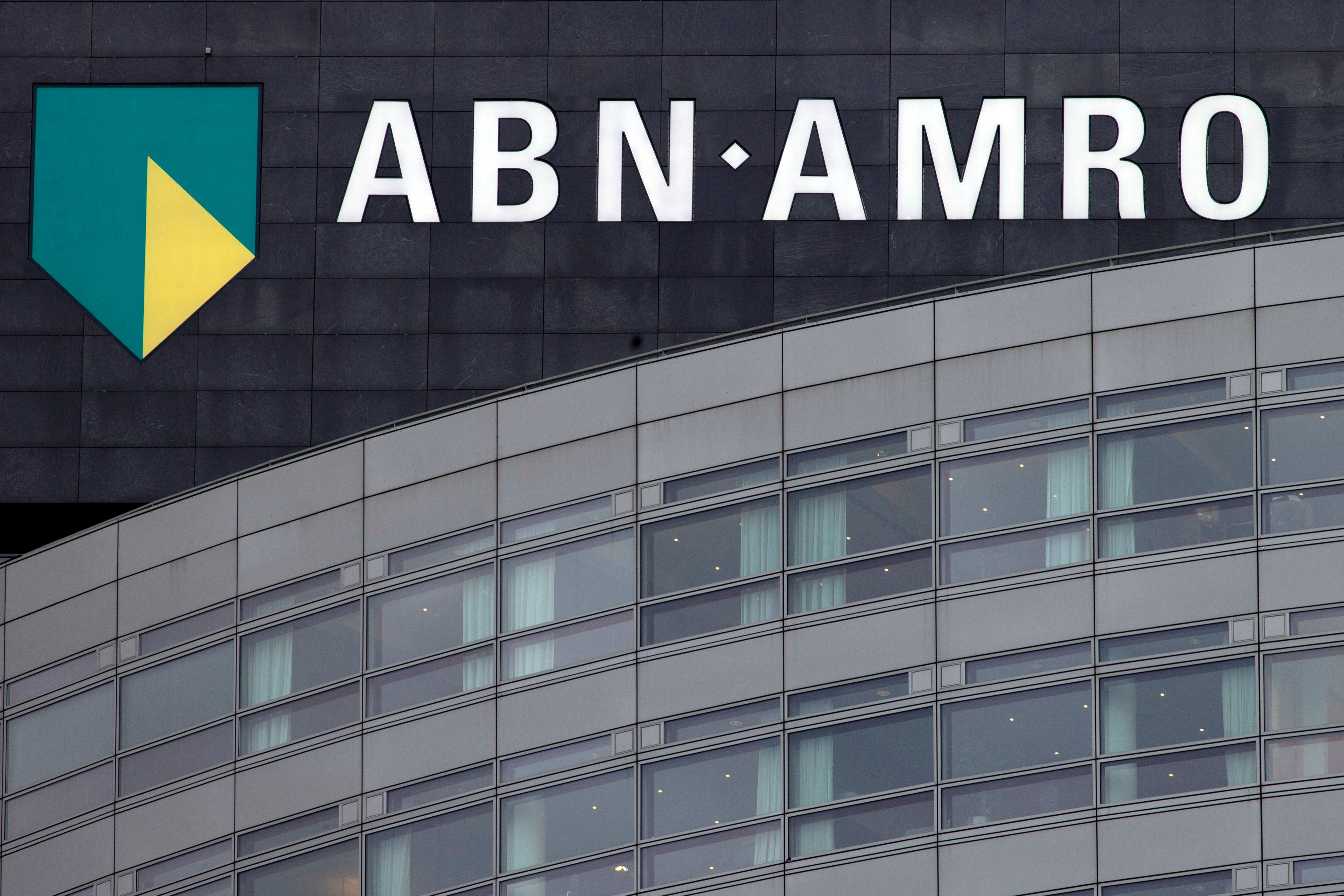Dutch ABN AMRO bank apologizes for historic links to slavery
Dutch bank ABN AMRO has apologized for historic links to the slave trade in the 18th and 19th centuries, including the involvement of one of the bank’s predecessor institutions in “day-to-day business” of plantations

Your support helps us to tell the story
From reproductive rights to climate change to Big Tech, The Independent is on the ground when the story is developing. Whether it's investigating the financials of Elon Musk's pro-Trump PAC or producing our latest documentary, 'The A Word', which shines a light on the American women fighting for reproductive rights, we know how important it is to parse out the facts from the messaging.
At such a critical moment in US history, we need reporters on the ground. Your donation allows us to keep sending journalists to speak to both sides of the story.
The Independent is trusted by Americans across the entire political spectrum. And unlike many other quality news outlets, we choose not to lock Americans out of our reporting and analysis with paywalls. We believe quality journalism should be available to everyone, paid for by those who can afford it.
Your support makes all the difference.Dutch bank ABN AMRO apologized Wednesday for historic links to the slave trade in the 18th and 19th centuries, including the involvement of one of the bank's predecessor institutions in “day-to-day business” of plantations.
The bank is the latest institution to apologize for historic ties to slavery, following the Bank of England in 2020 and the municipality of Amsterdam last year amid a global Black Lives Matter reckoning over the police killing of George Floyd in Minneapolis.
ABN AMRO said in a statement that research it commissioned into its history and that of other banks that were its direct predecessors uncovered a dark side.
The bank said the research revealed that “ABN AMRO’s predecessor Hope & Co. played a pivotal role in the international slave economy of the 18th century. Not only were slavery-related operations a source of much of Hope & Co.’s profits, the firm was also actively involved in the day-to-day business of plantations.”
The plantations were in the Caribbean on Dutch colonies and other islands.
Another bank that went on to become part of ABN AMRO, Mees en Zoonen, “brokered insurance for slave ships and shipments of goods harvested by enslaved persons,” the bank said.
ABN AMRO CEO Robert Swaak said the bank has a proud history, but “we must also recognize that it has a darker side as well.”
He said ABN AMRO "apologizes for the past actions and activities of these predecessors and for the pain and suffering that they caused.”
Lead researcher Pepijn Brandon of the International Institute of Social History that documented the history said it revealed “slavery-related operations formed a core part” off the business of Hope & Co., which was the largest financial and commercial company in the Netherlands at the end of the 18th century.
ABN AMRO said it had discussed the findings with representatives of the descendants of enslaved people, who said they want to see “concrete measures to help improve the structural social disadvantages facing descendants of enslaved persons.”